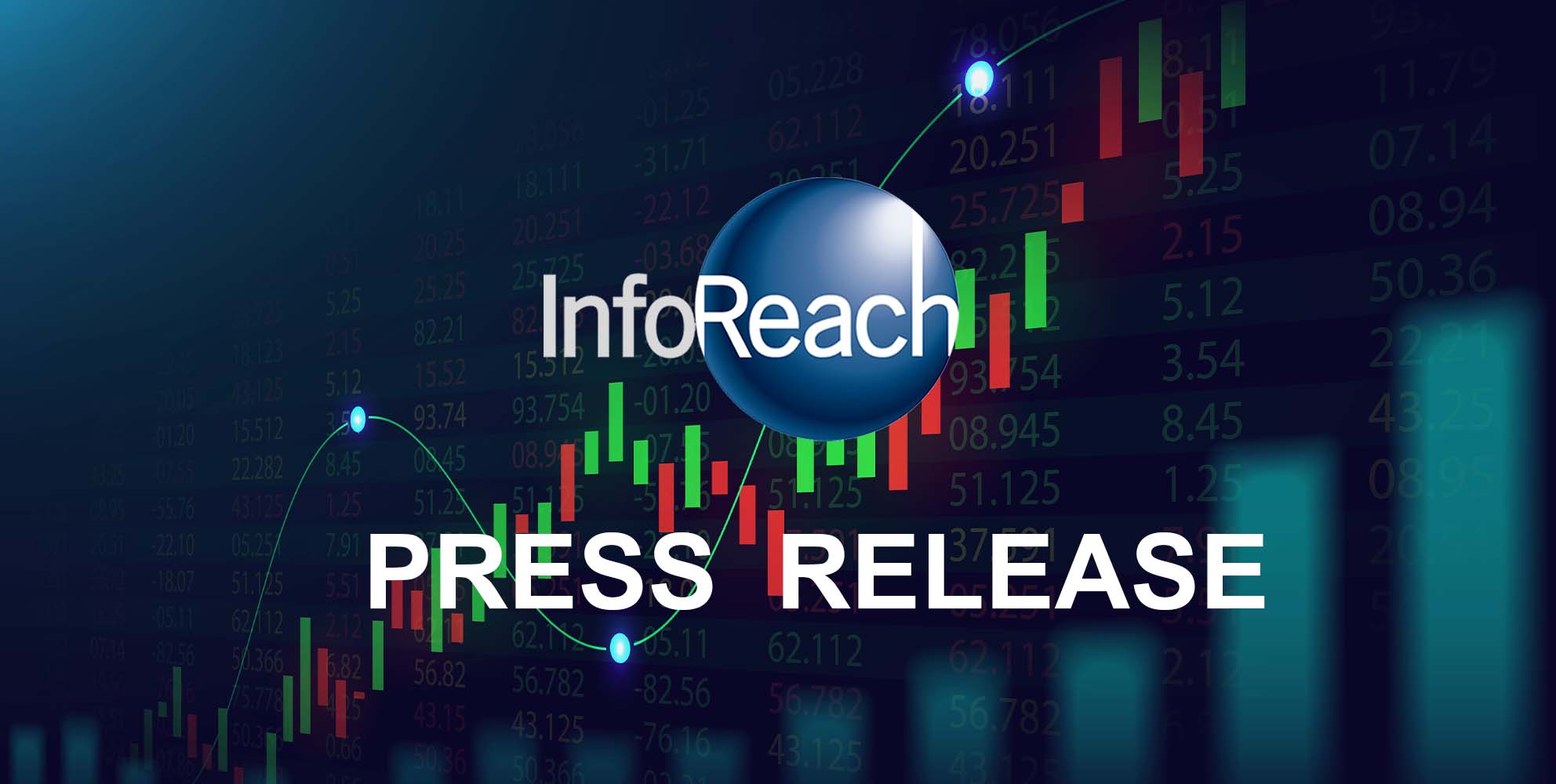Securities Industry Blog, June 11, 2010 — InfoReach’s CEO separates fiction from fact.
Whether the Securities and Exchange Commission’s proposal for a Large Trader Reporting System is truly justified, or is unnecessary political rulemaking that wastes taxpayers’ dollars and diverts SEC resources away from more pressing issues, is open to debate.
But unchallenged is the SEC’s “guesstimate” on the costs and impact of compliance.
So let’s separate the fiction from fact before taxpayers end up paying several billion dollars more for the SEC to police market participants who trade just “1/100th of 1% of average daily trading volume,” by the SEC’s estimate.
FICTION: The Large Trader proposal will protect investors by preventing trading violations.
FACT: Often confused with regulatory reform that is needed to prevent abuse and market manipulation, the Large Trader proposal is a separate piece of regulation that targets participants who have no history of securities law violations.
If passed, the proposal would grant the SEC the unprecedented authority to demand proprietary trading data from large traders based merely on the suspicion that they might be undertaking illegal or improper transactions. This is comparable to allowing the government to interrogate all business owners who make over $100,000 per year, simply because they might be doing something illegal!
FICTION: A Large Trader Reporting System will “promote fairness and efficiency in the markets.”
FACT: It would actually create inequality in the marketplace, by singling out one group of market participants who will be required to bear the entire costs and burden of compliance.
FICTION: The Commission estimates that the rules would apply only to “those engaged in 1/100th of 1% of average daily trading volume.” They define large traders as a firm or individual “whose transactions in exchange-listed securities equal or exceed 2 million shares or $20 million during any calendar day, or 20 million shares or $200 million during any calendar month.”
FACT: Former SEC Commissioner Annette Nazareth offers a more realistic view: “Because the trigger level for registration is relatively low…many entities would cross the threshold level unexpectedly (such as by acquiring a block of NMS securities with a value of $20 million in a single corporate transaction) and then be subject to registration and updating requirements.”
What’s more, the proposal could affect virtually any size broker. If even one “large trader” puts a trade through a broker-dealer, that obligates the broker to implement a monitoring and compliance system and report all required data to the SEC. This difficult and expensive endeavor will no doubt raise the cost of securities trading for everyone involved.
FICTION: The implementation costs for a Large Trader Reporting System will be “minimal”–$33 million to implement and another $17 million annually, according to SEC estimates.
HUH?: Since when is $33 million of our money “minimal”??
FACT: SEC Commissioners are usually former lawyers, professors, Capitol Hill bureaucrats and politicians with no experience budgeting for, implementing or even managing financial IT infrastructures. Their $33 million estimate is laughable, especially when compared to their “best-case scenario” estimate for a Consolidated Audit Trail: an initial $4 billion to implement, and an additional $2.1 billion annually.
The nation’s leading brokers and investment banks each spend millions yearly just to maintain a competitive infrastructure. $33 million is a drop in the bucket to build a system that can accommodate the volume of ticks generated by all large traders combined.
In addition to IT costs, the SEC would need to significantly increase staff to analyze and understand the data. If you’ve seen what Wall Street pays its quants and analysts, you can imagine how high the costs will be for staffing–unless the Commission hires quants with a fraction of the talent of those they plan to scrutinize.
A final wake-up call
If you think that the proposal for a Large Trader Reporting System won’t affect you because you’re not a large trader or broker-dealer, think again. If you’re a securities investor, you’ll probably pay higher trading costs or get lesser value. If you’re a small trader or BD, just one large trade could change your status in less than a second. And if you’re a taxpayer, history shows you’ll foot the bill for government regulation.
If you still believe the SEC should apply its limited resources to overseeing a very small group of market participants, I’ll leave you with one last fact:
The Commission already has the authority and resources to pursue and to prosecute credible allegations of U.S. securities law violations. Having squandered such power countless times–including its failure to act on “credible, specific” allegations about Bernard Madoff dating back to 1999–the SEC has proven itself ill-qualified in its bid for increased authority.
Do you really want to grant this government agency the resources and power to pursue an unfounded fishing expedition?
The SEC is allowing commentary on its proposal for a Large Trader Reporting System through mid-June via its website: https://www.sec.gov/news/press/2010/2010-55.htm
My reading of history convinces me that most bad government results from too much government.
Allen Zaydlin is the Chief Executive Officer and President of InfoReach, Inc. (www.inforeachinc.com), a global provider of broker-neutral, multi-asset execution management technology since 1995.
Contact:
Anne Aldrich
for InfoReach,
(312) 787-1642
[email protected]





